Let the cross-border project be as good and integrated as possible, its realisation is very often hindered by the fact that the project partners lack the competences of implementing the planned activities on both sides of the border. Therefore, they cannot guarantee the sustainability and maintenance of the joint infrastructure (e.g. a cross-border cycle path).
Similar challenge is to ensure the ownership for an integrated cross-border strategy guaranteeing the realisation thereof.
At the same time, it is a lesson learnt from past experiences that when the local actors from the two sides of the border start cooperating, they get to know each other and their capacities better and better. As a result, they very often acknowledge that they can better exploit their resources – jointly. From time to time, even the life (e.g. a fire incident or a flood) can urge them to seek joint solutions. These recognitions result in the set-up of joint cross-border fire brigades, emergency or medical services, public transport lines, etc. These services mean a great challenge since they require an institutional solution enabled to provide services on both sides of the border – and it is not the simplest job to do! Differences in the legal and administrative system, in manners, cultural background and language mean hard barriers in terms of the interventions which could save lives.
Luckily, thanks to the Council of Europe (namely, the so-called Madrid Outline Convention), the models allowing to establish this type of institutions are available since 1980 and during the last decades, also the European Union made remarkable achievements in the way of ensuring the legal frameworks for the management of cross-border integrated programmes, strategies and projects, and the provision of cross-border services.
Our association plays a pioneering role in the field of cross-border institutional developments in Central and Eastern Europe.
OUR SERVICES INCLUDE
OUR KEY REFERENCES IN THE FIELD OF INSTITUTIONAL DEVELOPMENT
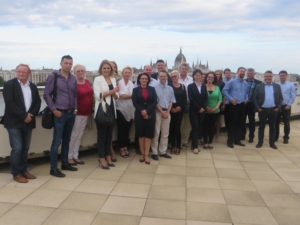
Mentoring, knowledge sharing for EGTCs
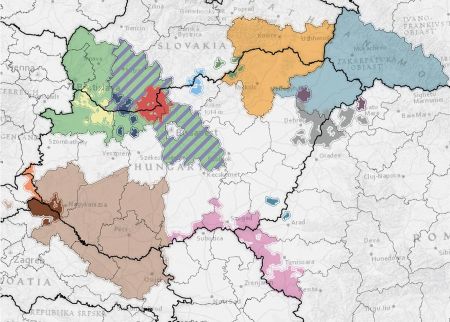
Legal consultancy for EGTCs
OUR LATEST NEWS IN THIS TOPIC
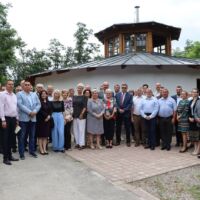
A new EGTC is being formed on the Hungarian-Slovak border
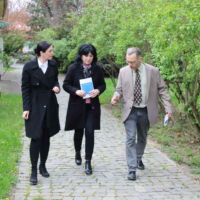
Close cooperation with the Ukrainian partners persists. A visit to Uzhhorod
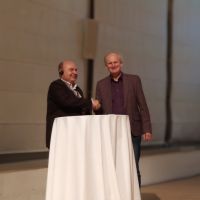
The founding document of the cross-border “Cross-border World Heritage Fertő-Neusiedler See Consultative Council” was signed
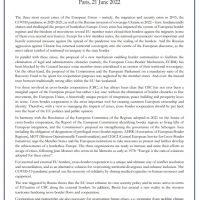
To put cross-border cooperation back into the heart of the European project. Joint declaration of AEBR, MOT and CESCI
